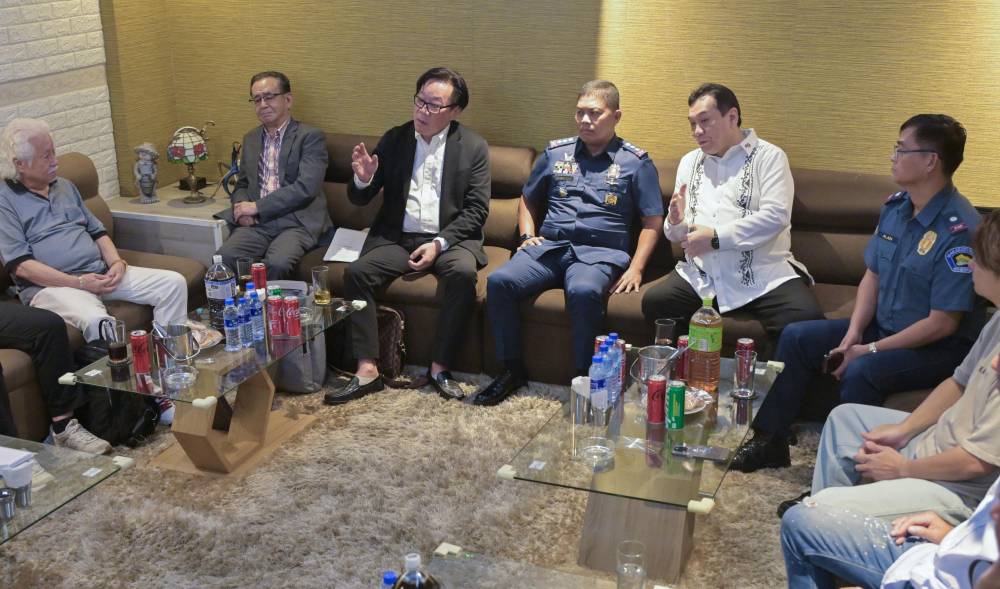Makati’s ‘Little Tokyo’ restos reel from crime

A wave of armed robberies targeting Japanese nationals has plunged Japanese-run restaurants in Manila into crisis, forcing many to shut their doors and others to band together for survival.
Since October last year, more than 20 robbery cases involving Japanese victims have been reported, according to the Japanese Embassy in the Philippines.
The violence has led Japanese companies to restrict evening outings for employees, draining customers from popular nightlife districts once frequented by expatriates and business travelers.
Business closure
“Sales have fallen to one third or half of what they used to be,” said Masaaki Ema, who operates an izakaya restaurant and a bar in the city of Makati, part of metropolitan Manila. “Fellow restaurant owners are closing down one after another.”
Makati is home to the “Little Tokyo” area known for its cluster of Japanese eateries.
Most robberies have involved victims being confronted at gunpoint while walking at night, though one occurred inside a restaurant during business hours.
Shuzo Shimakawa, who runs an eel restaurant in Makati, said the environment became even more tense in August when two Japanese men were killed in downtown Manila.
They were gunned down by a man who approached them after they got out of a taxi, according to the embassy. The man then fled on a motorcycle.
While it is widely believed that the victims were involved in disputes with criminal groups rather than being random robbery targets, the killings exacerbated public anxiety about venturing out after dark.
“It reinforced the strong impression that going out at night is dangerous,” said Shimakawa.
Nighttime curfew
Shimakawa now leads the Metro Manila Restaurant Association, a coalition of Japanese restaurateurs formed in April to coordinate security measures and improve the area’s reputation.
The downturn has also affected broader business activity. Hisatoshi Yada, secretary general of the Philippine-Japan Chamber of Commerce and Industry, said many Japanese firms—spanning manufacturing and service sectors—have instructed employees to avoid nighttime outings.
“A wide range of companies have imposed some form of nighttime curfew,” Yada said, adding that member companies are worried because they don’t know when the restrictions can be lifted.
“The tough environment for the food and beverage industry may persist for some time,” he said.
Authorities have taken steps to ease public concern. In mid-October, Makati police chief Reycon Garduque met with around 20 restaurant owners and other members of the local Japanese community in Little Tokyo, stating that suspects linked to past robbery cases had been apprehended.
Garduque said the police believe they have arrested all perpetrators involved in incidents targeting Japanese nationals within their jurisdiction.
Responding to restaurateurs’ requests, the Makati City police from September began deploying five to six officers to patrol Little Tokyo daily from 6 p.m. to 2 a.m.

















